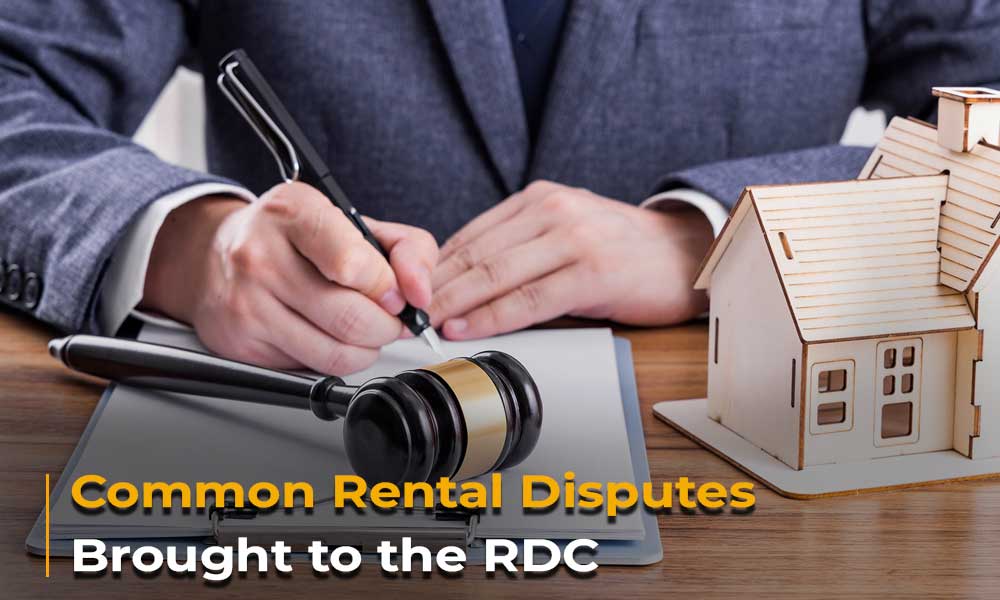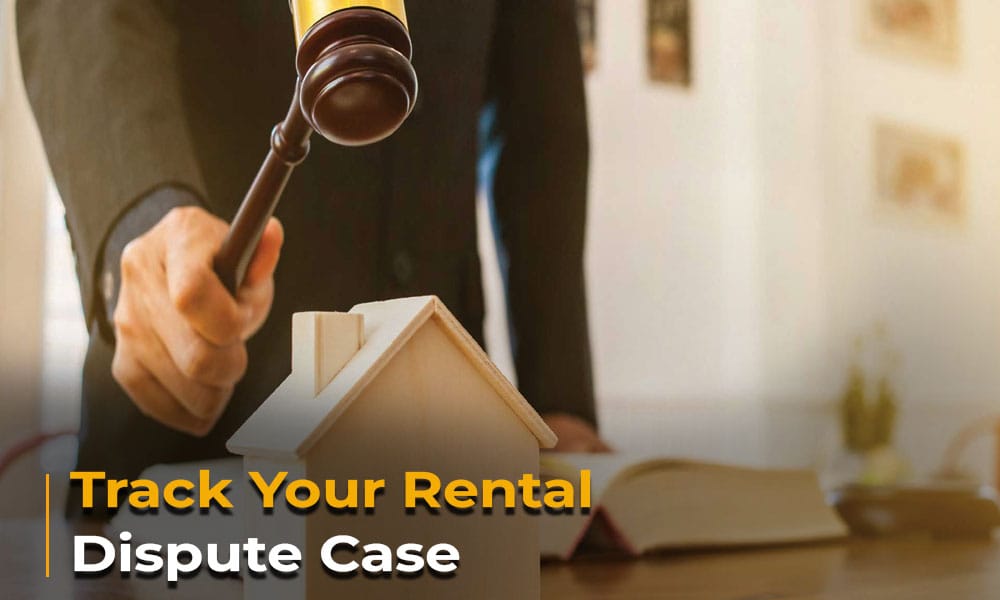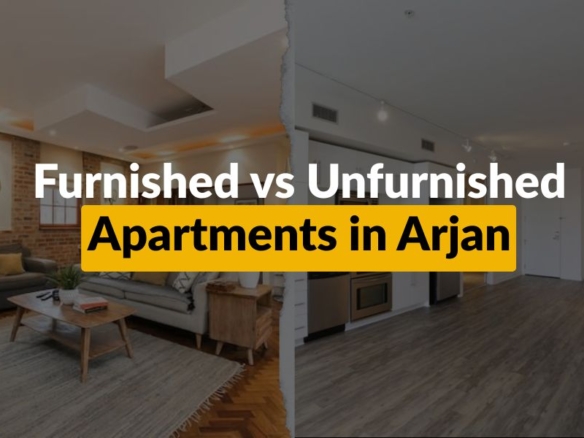As one ranks Dubai’s real estate markets, it is subject to highly regulated laws that make provisions for the equity of both landlords and tenants. Yet, conflicts arise concerning the payment of rent, eviction notices, security deposits, or maintenance responsibilities. The RERA Dispute Center (RDC) is the official authority where disputes of this nature are resolved by an appointed judicial authority. This document enumerates stepwise procedures for filing and tracking an issue with the rental dispute centre in Dubai.
The Rental Dispute Center Dubai maintains a clear legal framework according to the tenancy laws of Dubai and delves into the issues free of charge. The primary objective of the Rental Dispute Center is to facilitate speed and affordability in addressing rental disputes while minimizing court amounts. Tenants and landlords can access their rights and agree on the resolution of matters if they are fully aware of the filing procedures, the necessary documents for filing, and what dispute resolution methods are in place.
Understanding the RERA Dispute Center
The RERA Dispute Center was opened under the Dubai Land Department (DLD), which considers it the jurisdiction of landlord-tenant dispute resolution. The RERA Dispute Center ensures that every dispute is legitimately processed according to Dubai’s rental laws and regulations.
Known for being efficient, the Rental Dispute Center Dubai usually resolves cases through mediation without taking the matter to court. The centre also entertains tenants and landlords seeking legal solutions to any disputes that may arise.

Common Rental Disputes Brought to the RDC
The rental dispute centre deals with several issues that have come to exist due to tenancy. Some common issues include the following:
- Non-payment of rent: When rent is not paid, when the tenant pays late, or when the tenant completely absents himself from payment.
- Illegal eviction: When a landlord wants to evict a tenant without due process or the necessary legal requirements.
- Maintenance and repair: Tenants and landlords often disagree on who is responsible for property maintenance.
- Security deposit return: Cases of withheld security deposits and those with unfair deductions have been bartered in such centres.
- Rent increases of doubtful justification: Increases in rents that are not supported by the RERA rental index.
- Penalties for terminating contracts before their end: Tenants and landlords disagree on penalties for contract termination before the specified period.
These cases are familiar, and tenants or landlords will put them in a good position to decide whether or not to make a complaint at the RERA Dispute Center.
How to Lodge a Rental Dispute with the RERA Dispute Center?
A dispute between landlord and tenant that cannot be settled amicably makes room for the Rental Dispute Center Dubai to mediate. The official procedure is laid out here.
1. Collect Required Documentation
Before initiating a dispute, both parties shall organize the following requisite documents:
- Registered Ejari tenancy contract copies.
- Copies of Emirates ID, passport, and visa (both landlords and tenants).
- Proof of rent payment (cheques, bank transfers, receipts).
- Correspondence records (emails, WhatsApp messages, legal notices).
- Official notice of dispute (sent to the other party before filing).
- Well-documented and organized papers make a stronger case and prevent unnecessary delays at the rental dispute centres.
2. Register the Complaint in the Rental Dispute Center
In the absence of such documentation, tenants and landlords could easily complain using various channels:
- Online through the Dubai Land Department Website.
- Presently at the Rental Dispute Center Dubai office.
- Thirdly, by legal representatives or real estate agents.
- A filing fee is applicable, usually 3.5% of the annual rent amount, with a ceiling of AED 20,000. Further administrative fees may also apply.
3. The Process of Mediation
Upon filing the case, the RERA Dispute Center attempts to settle it by mediation. Both parties are to attend a meeting where a legal officer will facilitate negotiations.
- Once mediation is successful, a settlement agreement will be signed.
- If mediation fails, the case becomes ripe for a formal court hearing.
- Part of the encouragement for mediation is that it is a cheaper and faster process than the formal legal hearing.
4. Hearing and Judgment at Court
Having not resolved, the case then goes to a judicial hearing at the Rental Dispute Center Dubai. It comprises:
- Presentation of evidence and witnesses.
- Review of documents, contracts, and legal notices.
- The judge made a decision based on the Dubai rental laws.
- Most cases get settled within 30 to 60 days; however, complex disputes may take longer.
5. Enforcing the Judgment
The losing party is obligated to comply with the judgment once it is issued by the judge in a case. Otherwise, the winning party is entitled to apply for enforcement before the Dubai Courts.
The court may issue penalties, including:
- Evicting non-paying tenants.
- Refunding the tenant’s security deposits.
- Fines due to violation of rental contract terms.

6. Track Your Rental Dispute Case
Following the filing, tenants and landlords can track their case status via:
- Dubai Land Department website – Track case progress online.
- RDC customer service centre – Call or visit for status updates.
- Legal representatives – In case a lawyer handles a case, then they will provide updates.
- Tracking will keep you informed of hearing dates and actions required.
7. Appeal Against Decision by Reduction of Claims
A tenant or landlord dissatisfied with the ruling may file an appeal with the court within 15 days after the judgment.
Such appeals are only considered if there is new evidence or legal mistakes involved.
The appeal filing involves:
- Submit new supporting documents.
- Paying an additional appeal fee.
- Attending a review hearing at the RERA Dispute Center.

8. Key Tips to Avoid Rental Conflicts in Dubai
While the RERA Dispute Center is indeed convenient in solving conflicts, it is much better to avoid disputes altogether. Here are some tips to consider:
- Read the tenancy contract thoroughly before signing.
- Have the lease registered with Ejari for legal protection.
- Document all payments and preserve the receipts.
- Clarify maintenance obligations in the contract.
- Communicate problems in writing to create a record of happenings.
- Following these guidelines can reduce the chances of disputes and, therefore allow smooth renting.
Eastern Housing UAE Will Help You Find the Best Rental Properties in Dubai
Searching for a property as a tenant in Dubai might become overwhelming and complicated. Eastern Housing UAE makes the task easier by providing a variety of listed apartments, villas, and office spaces. Their team meets every requirement you need and ensures the process is hassle-free when it comes to lease negotiation, paperwork, or legal formalities for those looking to rent an apartment in Dubai or pursue a commercial property.
Both the tenants and the landlords working with Eastern Housing UAE stand to gain from avoiding common rental disputes in which an Ejari tenancy contract is wrongly registered and legal requirements are not fulfilled before going into a tenancy agreement.
Conclusion
The RERA Dispute Center is a structured process for lodging a dispute to equitably and justly resolve rental conflicts in the Emirate of Dubai. By knowing the process at the rental dispute centre, tenants and landlords will have the opportunity to prepare more insightful case management while complying with the law.
Filing a complaint, tracking a case, or appealing a judgment has to be done right to ensure a hassle-free process in the law courts. It goes further with having decent real estate professionals like Eastern Housing UAE to find the best property to rent in Dubai while assuring tenant compliance with Dubai tenancy laws.
FAQs
What is the RERA Dispute Center, and how does it help resolve rental conflicts?
The RERA Dispute Center (RDC) maintains authority over rental conflicts that emerge between lessees and property owners in Dubai. These resolutions achieve results that align with the Dubai tenancy legislation.
How can I file a case with the Rental Dispute Center in Dubai?
The rental dispute centre can be reached through its website or physical visiting locations. The Rental Dispute Center requires you to present your rental agreement together with your Emirates ID and evidence of the current dispute. You need to pay the cost for filing, and the process will continue with mediation services and legal actions toward a resolution.
What types of disputes can the Rental Dispute Center handle?
The Dubai Rental Dispute Center functions as an official entity for resolving conflicts involving rental increases, eviction notices, security deposits, contract violations, and maintenance problems. The Center ensures Dubai’s tenancy laws through its judicial decisions and mediation services, safeguarding the rights of both tenants and landlords.
How long does it take for the RERA Dispute Center to resolve a case?
General rental disputes handled by the RERA Dispute Center are resolved in several weeks. The resolution process for complex legal cases extends more time than for simple cases. The RDC makes prompt, equitable decisions while providing online tracking systems to allow both tenants and landlords to monitor proceeding progress in real time.
Can I appeal a decision made by the Rental Dispute Center?
You can submit an appeal to the Decisions made by the Rental Dispute Center Dubai within 15 days. Providing additional documents together with a new application will improve your chances for review. The appeals review process guarantees equitable and lawful decisions for both parties through an extra assessment stage.




Join The Discussion